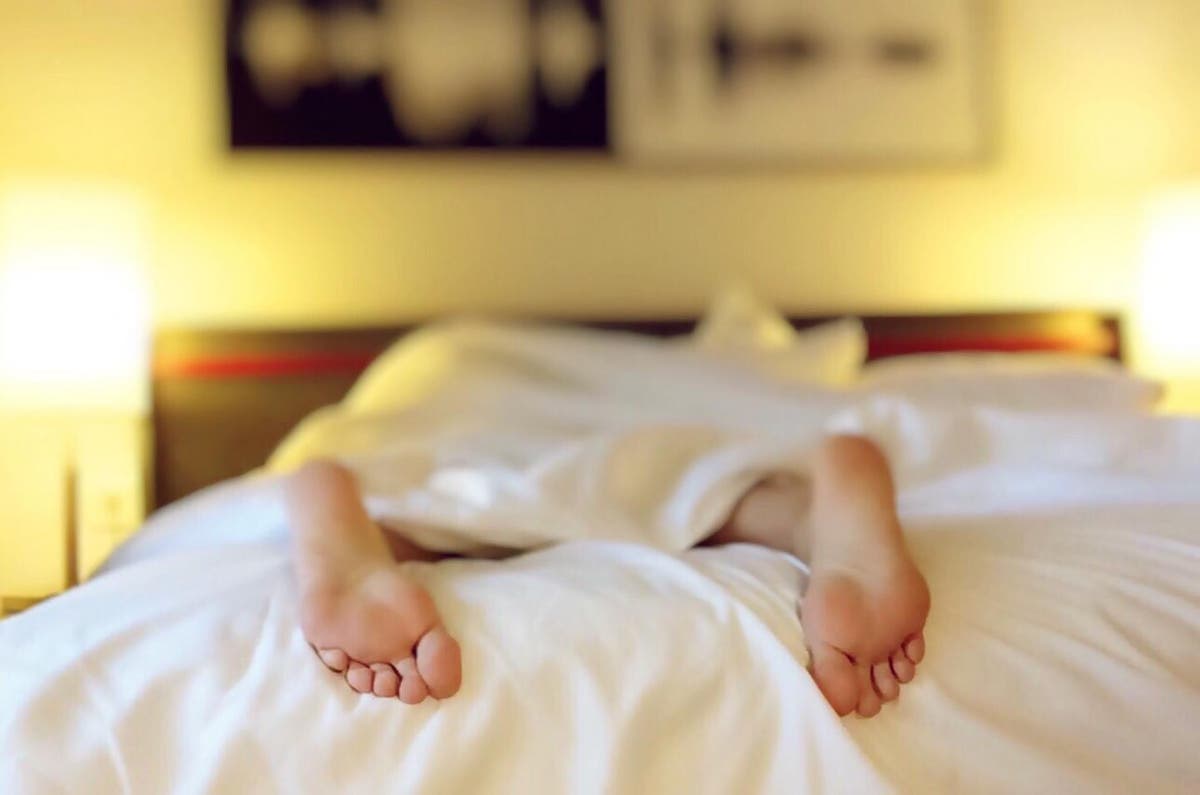Support truly
independent journalism
Our mission is to deliver unbiased, fact-based reporting that holds power to account and exposes the truth.
Whether $5 or $50, every contribution counts.
Support us to deliver journalism without an agenda.
Light exercises in the evening like chair squats and calf raises can lead to a better night’s sleep and potentially mitigate the risk of diabetes and heart disease in older adults, a new study says.
Previous studies have found that sitting for long periods and insufficient sleep are both linked to an increased risk of heart disease, diabetes and death.
However, rigorous exercise before bed has long been discouraged as it can increase body temperature and heart rate, leading to poor sleep quality.
A new study, published in the journal BMJ Open Sport & Exercise Medicine, found that short bursts of light activity in the evening can extend sleep by as much as 30 minutes.
In the first-of-its-kind research, about 30 participants completed two four-hour evening intervention sessions of prolonged sitting, and sitting interrupted with three-minute activity breaks every half hour.
The intervention involved three exercises: chair squats, calf raises, and standing knee raises with straight leg hip extensions.
“These simple, bodyweight exercises were chosen because they don’t require equipment or a lot of space and you can do them without interrupting the TV show you are watching,” study co-author Meredith Peddie said.
After the participants completed the exercise intervention, researchers found that they slept for 30 minutes longer.
“We know that for many of us, our longest uninterrupted sitting happens at home in the evening. In our previous studies we have found that getting up and doing 2-3 minutes of exercise every 30 minutes reduces the amount of sugar and fat in your bloodstream after a meal,” Jennifer Gale, lead author of the study, said.
“However, many sleep guidelines tell us we shouldn’t do longer bouts or higher intensity exercise in the hours before sleep, so we wanted to know what would happen if you did very short bouts of light intensity activity repeatedly throughout the evening,” she said.
Researchers say people may get a similar positive effect if they walked around their house, or marched on the spot.
Even dancing by oneself in the living room can help, scientists say.
“The most important thing is that you get out of your chair regularly and move your body,” Dr Peddie said, adding that regularly interrupting long periods of sitting is a “promising health intervention.”

